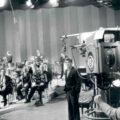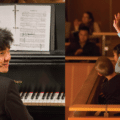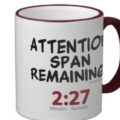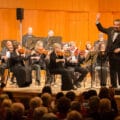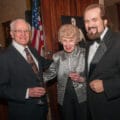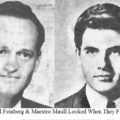Nov 23, 2015
The 24-Hour Classical Music Challenge
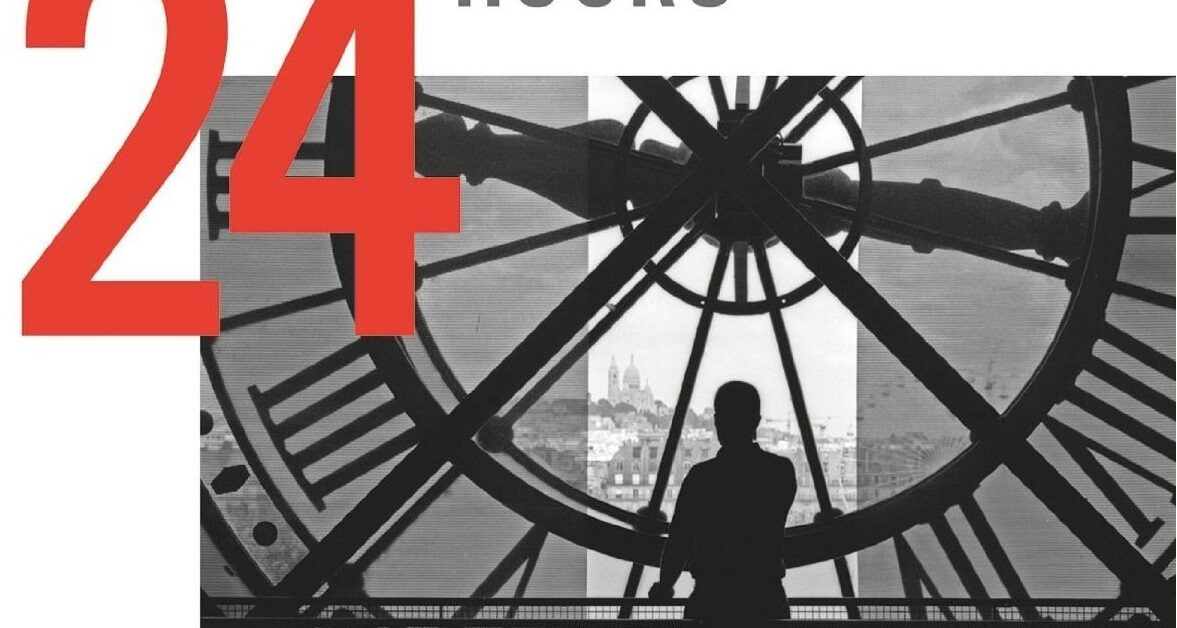
CLASSIC fM recently challenged its Social Media Editor, Kyle Macdonald, to listen to the Deutsche Grammophon 24-CD release The History of Classical Music in 24 Hours. . .in one session of twenty-four straight hours of listening! Oi vey!
Apparently, the set is filled with wonderful performances by famous artists and ensembles playing repertoire spanning 1200 years of classical music history. The link above takes you to the account of how Kyle Macdonald fared in this epic all-nighter. It’s good fun and humorous reading! And I’m sure it’s a wonderful set of CD’s to own, starting at $45 from Amazon.
But I could not help but think how I would never recommend this approach to anyone – not even matriculated music majors – but especially people who are just beginning their exploration of classical music.
One wonders how often Kyle faded into just ‘hearing’ the music or perhaps fell asleep before being awakened by some sudden loud cymbal crash in a composition! Compare the thought of listening to 1200 years of music in one sitting with the standard formula for one of our Discovery Concerts.
Between five and ten minutes of music is selected as the ‘featured composition.’ This might be a single movement of a symphony or concerto or perhaps an overture, and care is taken to choose music with broad appeal. The movement is played straight through once for the audience at the beginning of the program.
Then, an exploration of some of the details begins, using a listening guide with numbered ‘musical events’ such as No. 8 Crescendo, No. 12 Trombones enter, No. 15 Ascending Sequence, etc. Which details are chosen is not as important as the process by which they are internalized. The audience is asked to solve problems – that is, to respond to questions that can only be answered by giving one’s complete attention to the next short musical excerpt from the ‘featured composition’ that we play.
There’s always humor involved. A standard ploy in most Discovery Concerts is a moment during which the audience is asked to respond to a question that cannot be properly answered. Why? We’ve played the wrong music on purpose! This is used as an opportunity to discuss the difference between ‘hearing’ and ‘listening.’ We want the audience to have an ‘aha’ around this: “Am I really listening or just hearing this music as a background to other thoughts or activities such as reading the contributors’ list in the program notes?”
We feel it’s also important to reinforce the learning process with kinetic responses like asking the audience to raise hands, stand up, vocalize rhythms, actually sing melodies, etc. Having in this manner familiarized the audience members with some of the composition’s many details, we play the composition straight through again after intermission. The listening guide numbers are also displayed on stage, as we play, to help those who wish to, follow their guides and stay focused in the music.
What’s the rationale for this approach? People always tell us that the second performance, after intermission, is always so revelatory. What else do we hope? That during that second performance, audience members – sensing and enjoying the details of the composition as they unfold again in real time – will experience some goose bumps and perhaps even be moved to tears by the music! Bottom line: if that second listening feels really good, a classical music novice may be inclined to want to repeat this experience on their own. Who knows? Some year they may even be ready for The 24-Hour Classical Music Challenge!

